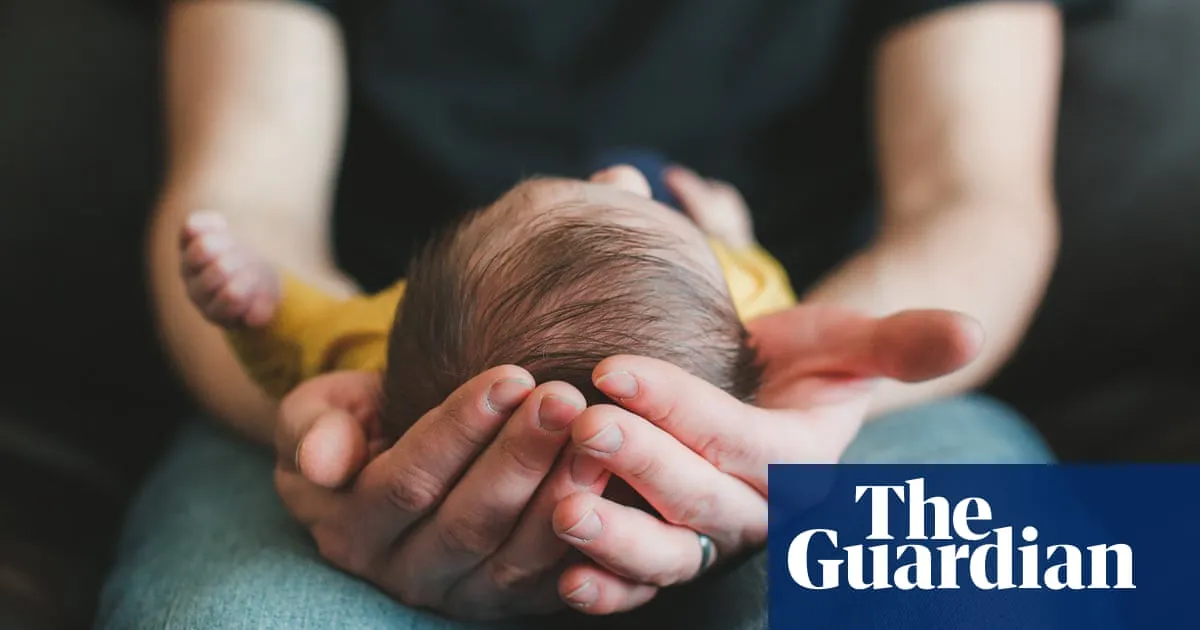
On Monday, former President Donald Trump announced a groundbreaking federal program aimed at providing $1,000 government-funded investment accounts for American babies. This initiative has garnered significant support from top business leaders, who are poised to contribute billions more to what Trump refers to as “the big beautiful bill.” During a White House roundtable attended by over a dozen CEOs, including leaders from Uber, Goldman Sachs, and Dell Technologies, Trump outlined the details of the newly proposed “Trump accounts.”
The “Trump accounts” are designed as tax-deferred investment accounts that will track stock market performance for children born between January 1, 2025, and December 31, 2029. Trump stated, “For every US citizen born after December 31, 2024, the federal government will make a one-time contribution of $1,000 into a tax-deferred account that will track the overall stock market.” These accounts will be managed by guardians, allowing for additional private contributions of up to $5,000 annually.
Trump emphasized that this initiative is a “pro-family program” aimed at empowering millions of Americans to leverage the strength of the economy to benefit future generations. High-profile CEOs, including Michael Dell, Dara Khosrowshahi of Uber, David Solomon of Goldman Sachs, and Vladimir Tenev of Robinhood, have committed billions to fund these accounts for their employees’ children. Trump hailed these executives as “the greatest business minds we have today,” highlighting their commitment to contribute substantial funds to the program.
House Speaker Mike Johnson, who also participated in the roundtable, lauded the initiative as a “bold, transformative policy” that offers every eligible American child a financial head start from birth. “Republicans are proud to be the party we always have been. It supports life and families, prosperity, and opportunity,” Johnson stated.
The program has successfully passed the House as part of a larger budget bill; however, it faces considerable resistance from Senate Republicans regarding the broader package. Notably, these investment accounts cannot be implemented as a standalone program and are entirely dependent on the passage of what Trump describes as the “one big, beautiful bill,” which he claims is “among the most important pieces of legislation in our country’s history.” Trump asserts that the program is “fully funded through targeted reforms,” including proposed changes to welfare and a new remittance tax.
Despite the optimism surrounding the program, the Congressional Budget Office (CBO) recently reported that the bill could add $2.4 trillion to the national debt over the next decade while simultaneously cutting Medicaid and food assistance programs. According to the CBO analysis, the legislation—which passed the House by a narrow vote without any Democratic support—could result in an additional 10.9 million Americans lacking healthcare by 2034.
The treasury-funded accounts, previously referred to as “Maga accounts,” share similarities with existing 529 college savings plans but feature lower contribution limits. Some financial advisors have expressed concerns that the Trump accounts may not provide the most advantageous investment incentives. This initiative is not entirely without precedent; the United Kingdom previously operated a similar Child Trust Fund with government seed funding from 2002 to 2011, while Singapore currently offers the Baby Bonus Scheme, which includes government-matched savings accounts for children.
Trump remains optimistic about the potential returns, suggesting beneficiaries could experience “a big jump on life, especially if we get a little bit lucky with some of the numbers and the economies into the future.” Meanwhile, Johnson warned that failing to pass the legislation would lead to “the largest tax increase in American history” and urged for quick congressional action on what he labeled “pro-growth legislation” to benefit every American.